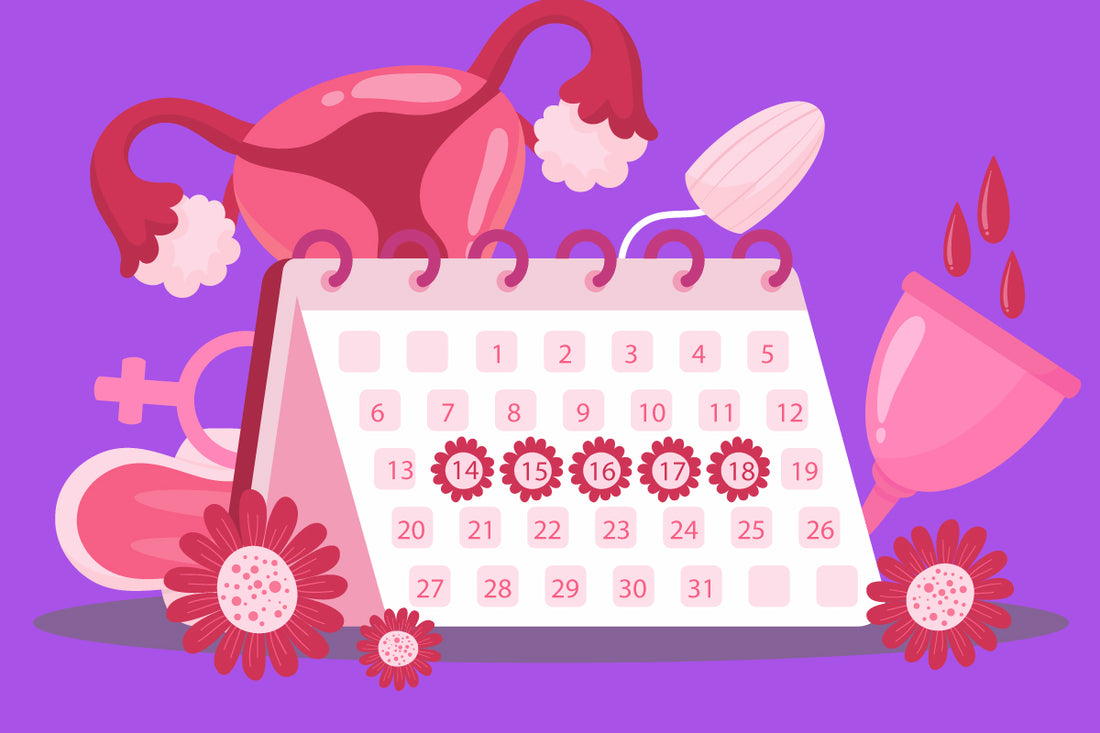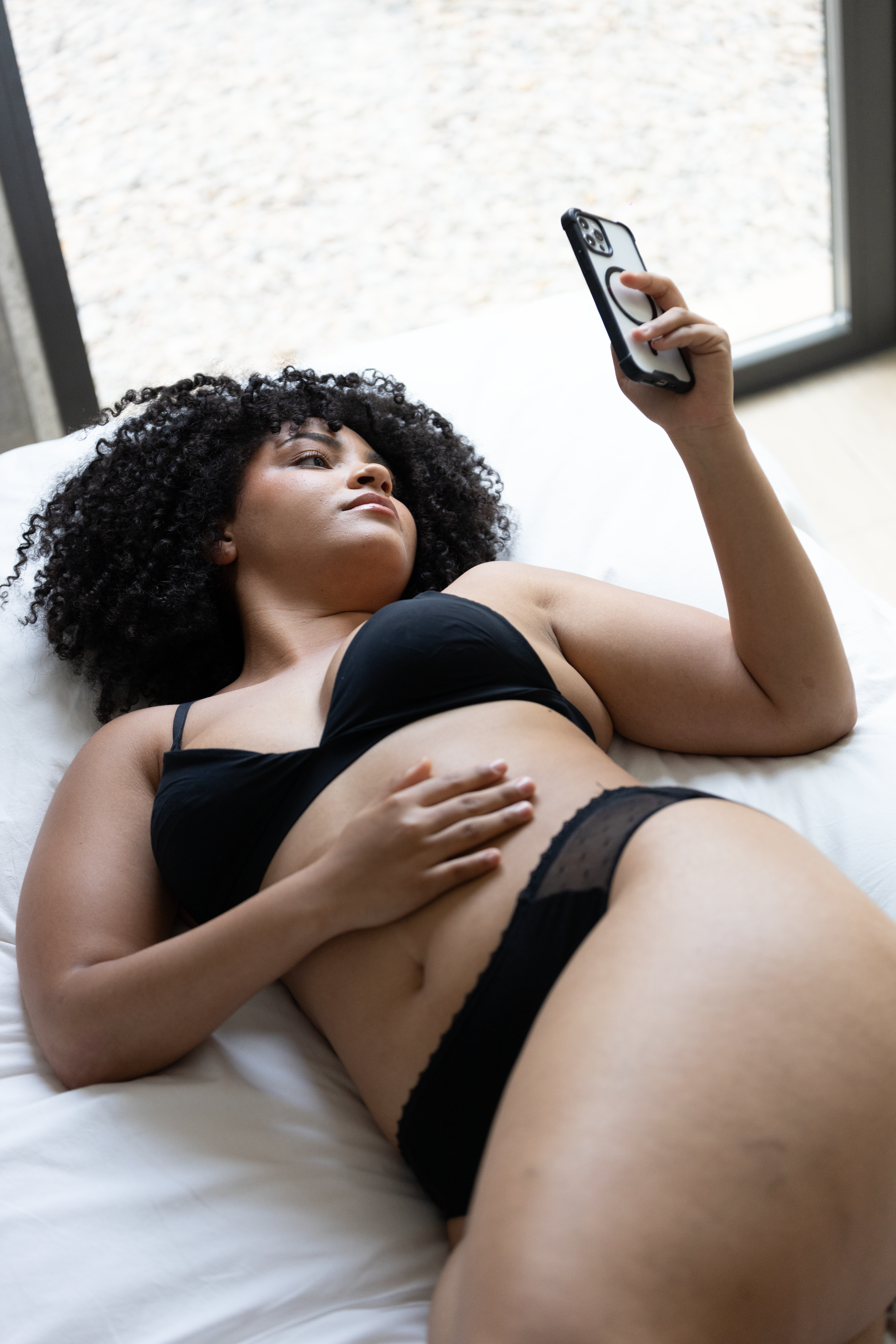
Your menstruation gives you key information about your fertility
One way to know if you are a fertile woman is to pay attention to your menstruation. While it is true that fertility is something much more complex, your menstruation can give you an idea if you want to get pregnant on the days when you are most fertile.
Fertility in women is a woman's ability to conceive a baby and carry a pregnancy to term.
Here are some characteristics of your menstruation that you should consider to see if you are fertile.
The regularity of your menstruation
If you want to know if you are fertile, one of the first things you should pay attention to is the regularity of your menstruation. When your menstrual cycle is regular, that is an indication that your ovaries are working well, which in turn indicates that you ovulate. It is considered regular menstruation when your cycle lasts between 26 to 30 days.
However, if your period takes more than three months to arrive, it may be possible that you are not ovulating as you should. This lack of control may also indicate that you suffer from certain pathologies such as polycystic ovaries or hormonal problems. If you have irregular menstruation, it is necessary to visit your gynecologist who will determine what the next step should be.
Light or heavy menstruation and changes in regularity.
As the years go by, some women experience shorter and shorter periods, less than 26 days, and their bleeding has become lighter, which may be a sign that they are going through pre-menopause.
It tends to occur after the mid-30s since pre-menopause can last up to 10 years. During this time, ovulation decreases, and it has been proven that it can be up to 44% less than before, which undoubtedly affects fertility.
If, on the other hand, your menstrual cycles have become longer, more than 35 days, it may be possible that it is the end of pre-menopause and there may even be bleeding but no ovulation.
Abundant menstrual bleeding is usually linked to weight gain or obesity in women but may also be due to the presence of fibroids or uterine cysts. In both cases, the woman's fertility decreases. In either case, it may be necessary to visit a gynecologist if you want to start planning a pregnancy.
If you are in this group and want more comfort, we recommend the use of ecopanties and ecopads, created for women during the days of menstruation.
Severe menstrual pain

When a woman experiences severe pain during menstruation may be a common but not necessarily normal condition. Endometriosis is a painful condition in which the tissue that lines the inside of the uterus, called the endometrium, grows outside the uterus.
Endometriosis is usually benign and affects more than 20% of women of childbearing age. The endometrium bleeds during menstruation so it is a pathology directly related to fertility in women.
It happens because endometriosis is related to the obstruction of the fallopian tubes and poor quality of eggs and embryos, which increases the risk of miscarriage. So, if your periods are painful, you can visit your gynecologist to rule out this pathology or give you the appropriate indications.
As you can see, paying a little attention to your menstrual cycle may be possible for you to determine if you are a fertile woman or if you have some difficulties. However, regardless of whether you are a fertile woman, it is recommended that you visit your gynecologist to help you plan your pregnancy.
We invite you to be part of our The Eco Woman community and share your experiences.





